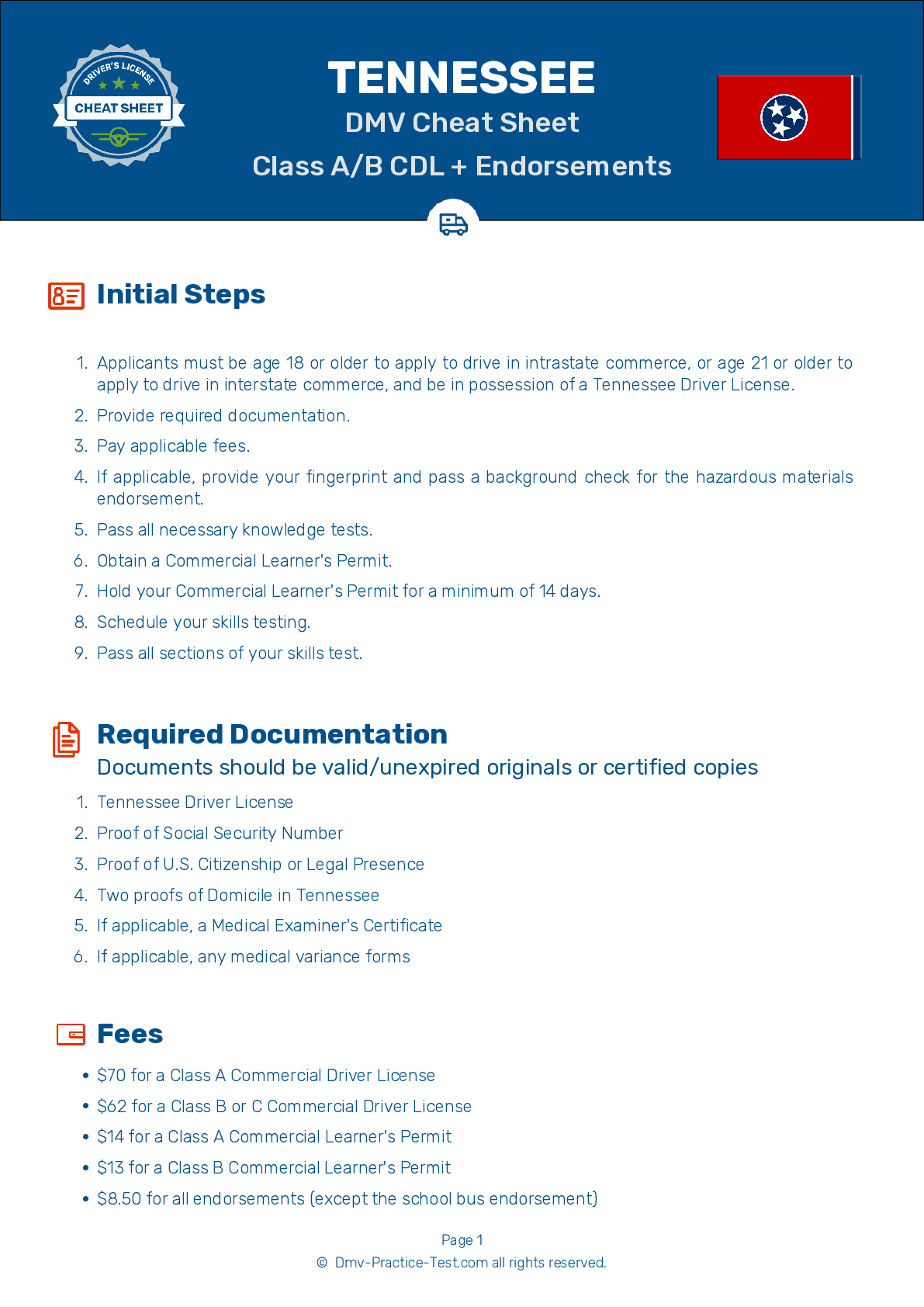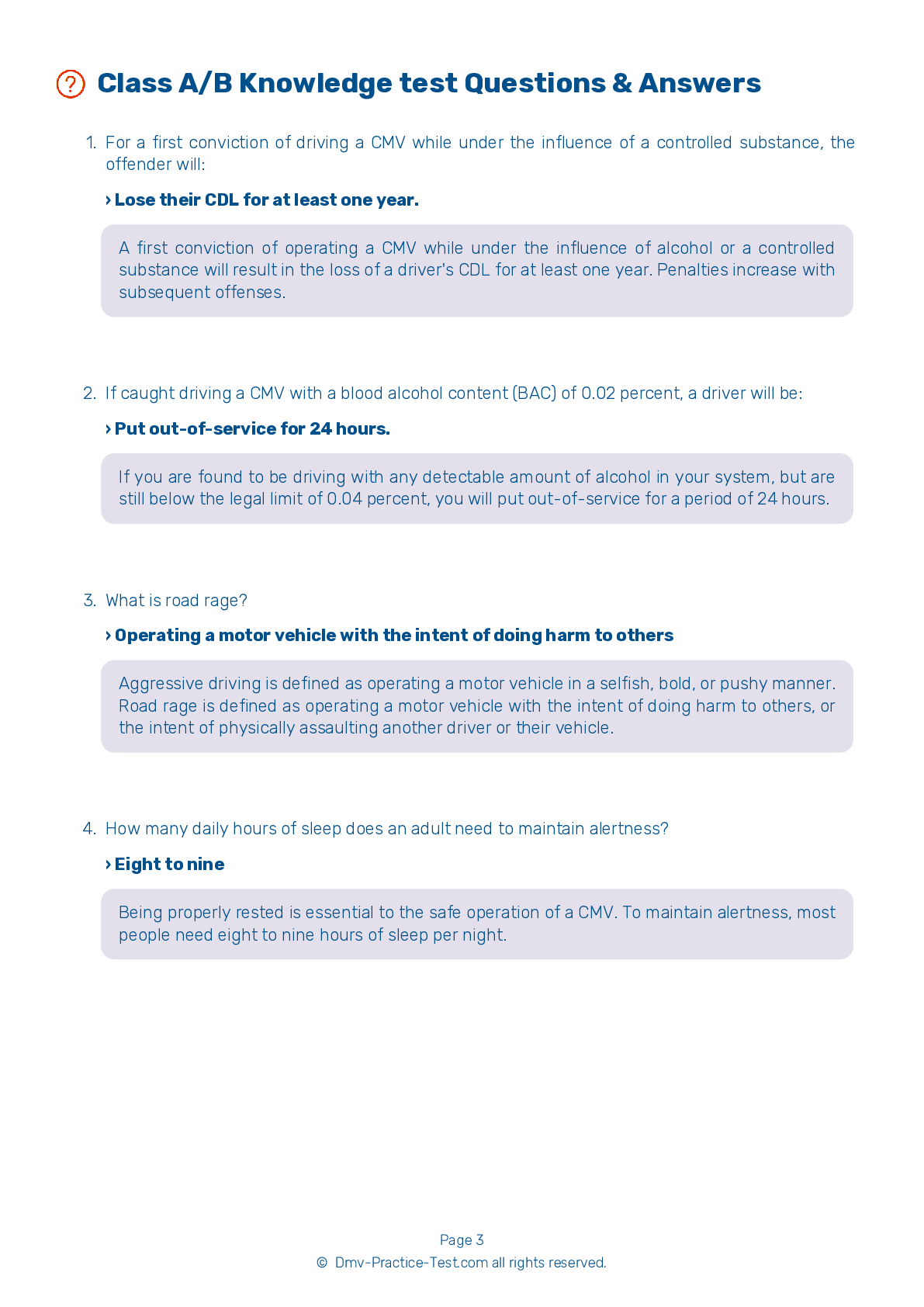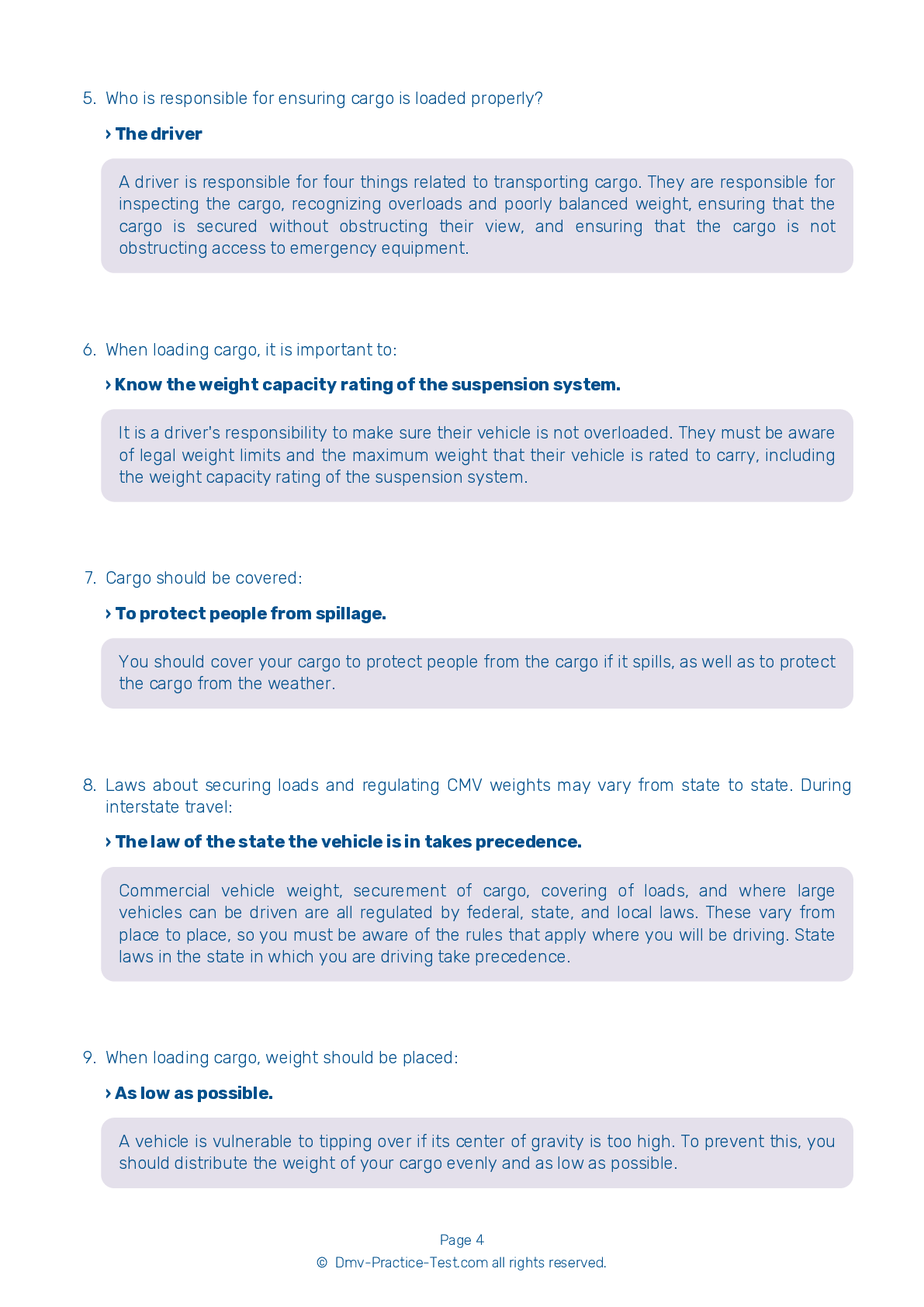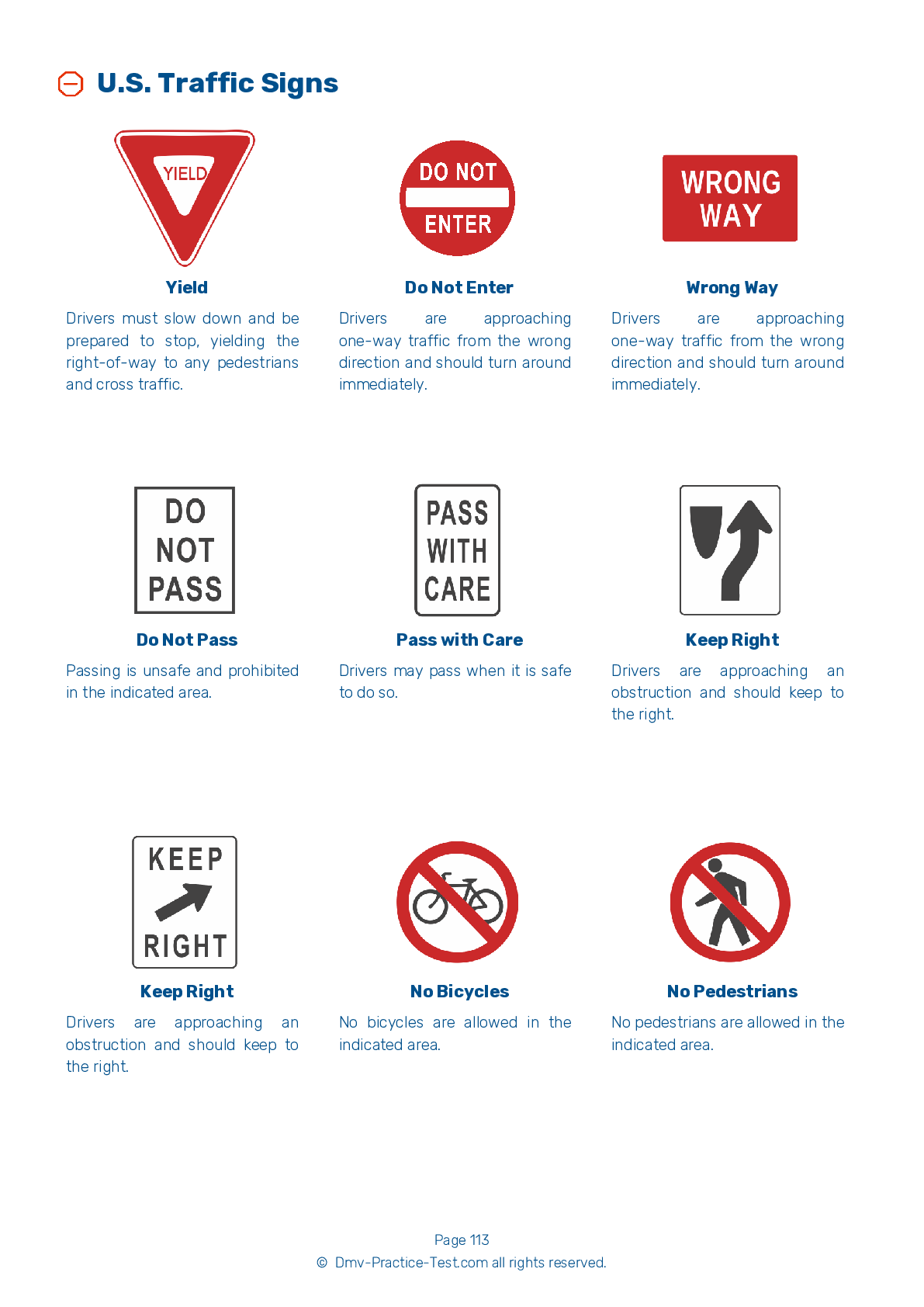Hazmat Test | Tennessee 2026 #1 Page 3 of 5
On our website, we provide FREE practice - CDL hazmat test online! The official exam test consists of several obligatory parts, with all of them checking your knowledge of different blocks of road rules. If you need to obtain a TN CDL hazmat endorsement in 2026, practice as much as possible. Free sample tests published on our website will help you check and improve your knowledge and boost your grades. Please bear in mind that Tennessee requirements for issuing a hazmat endorsement for CDL may vary from those established in other states.
13 . When refueling a vehicle transporting hazardous materials:
Always turn the engine off before refueling a vehicle carrying hazardous materials. Someone must always be at the nozzle controlling the fuel flow.
14 . Shipping papers must include:
Shippers of hazardous materials are required to include an emergency response telephone number on shipping papers.
15 . When accepting a package of hazardous materials, a driver should ensure:
When carrying hazardous materials, it is a good idea to compare the shipping papers to the markings and labels on the packages.
16 . An improperly placarded vehicle can only be moved:
A vehicle must be properly placarded before it can be driven. A vehicle that does not display the proper placards may not be moved unless doing so is necessary to protect life or property in an emergency.
17 . Unless it is clearly unsafe, what does a driver need to accept a package?
When the shipper packages hazardous materials, they certify that the package has been prepared according to Hazardous Materials Regulations (HMR). Unless a package is clearly unsafe or noncomplying with HMR, you may accept the shipper’s certification concerning the proper packaging of a material.
18 . Emergency response information provided by the shipper must include:
At a minimum, emergency response information must include the basic descriptions and technical names of the materials being transported; immediate hazards to health; risks of fire or explosion; immediate precautions to be taken in the event of an accident or incident; immediate methods for handling fires; initial methods for handling spills or leaks in the absence of fires; and preliminary first aid measures.
See the exact questions that will be on the 2026 Tennessee DMV exam.
99.2% of people who use the cheat sheet pass the FIRST TIME
Lillian MCcranie explains how our CDL study guide was helpful in passing the exam and recommends it to everyone.
Cameron tells us how he purchased the CDL exam, and found it to be a useful tool which helped him pass the exam and find a job.



